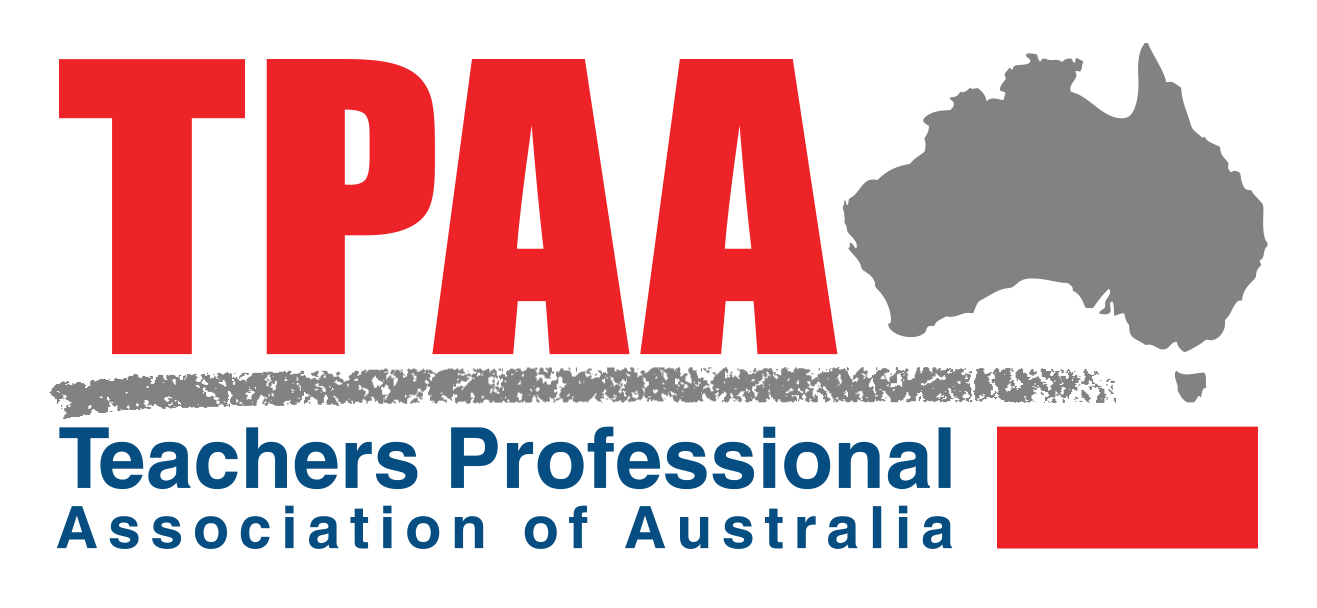5 min read
Starting Your Teaching Journey? Here are 12 Key Lessons to Learn
By: Rob from TPAA on Aug 14, 2024 10:25:56 AM
New Teacher Essentials: What You Need to Know for Your First Year
Starting out in teaching is exciting but can feel overwhelming. There's a lot you won't find in your degree but will quickly encounter in the classroom. As you get started, you'll need to focus on a few key areas to help you hit the ground running.
From working with your colleagues and managing your classroom to connecting with your students, each part of your role is crucial. This guide will give you some practical tips and tricks to help you navigate your new career and make a real impact.
Let’s jump into what you need to know to kick off your teaching journey!
1. Collaboration With Colleagues
Get to know your colleagues, especially on your year level/ subject team. Work closely with your colleagues. This is a big tip! You will notice this reference will come up in the later points quite a bit.
Being able to work with, learn from and collaborate with colleagues will pay massive dividends to your teaching and improvement in the job. Participate in professional learning communities. Share resources and ideas. Observe other teachers and invite them to observe you and provide feedback on your teaching.
Mentorship can be invaluable for new teachers.
2. Classroom Management
Establish clear rules, expectations, and routines from day one. Consistency is the key. Students are quick to learn when you flip and are inconsistent and will play on this. Use positive reinforcement and logical consequences.
Create a respectful and safe learning environment where students feel comfortable taking risks. Find out and follow the school behaviour program process.
Create an organised, functional learning space. Consider traffic flow, material accessibility, and visual stimulation. Think flexibly - modern furniture isn’t hard to move, so you can change the configurations of seating depending on the activity and then move them back when the activity is completed.
3. Building Relationships With Students
Get to know your students individually. Show genuine interest in their lives, interests, and goals. Build trust and rapport. This foundation will improve student engagement and behaviour. There is another presentation on dealing with difficult students which elaborates on this in some detail.
Develop strategies for addressing challenging behaviours. Focus on positive interventions and teaching social-emotional skills. Familiarise yourself with and follow the school behaviour plan.
4. Lesson Planning
Plan with your colleagues. Develop clear learning intentions based on the National Curriculum. Plan engaging activities that cater to different learning styles. Include opportunities for active learning and student participation. Be prepared but also flexible.
Deeply understand your subject matter and curriculum standards. This knowledge allows for more creative and effective instruction. These days the curriculum is online and parents can look and see what you should be teaching. It is well regarded that the curriculum is overcrowded, so ensure what you teach you teach well. Whilst you are beginning, it is better to cover less and do it well than try to cover everything and do it poorly.
Recognise that students have diverse abilities, backgrounds, and needs. Use various instructional strategies, materials, and assessments to accommodate different learners. Consider using tiered assignments or flexible grouping.
You will have students with disabilities in your class, so ensure you have their individual learning plans. Read it carefully and mark adjustments in your plan to incorporate for NCCD purposes.
5. Assessment
Plan assessments with your colleagues. This assists when moderating work later and assigning grades to work. Use a mix of formative and summative assessments. Provide timely and constructive feedback. Use assessment data to adjust your teaching and identify areas where students need additional support.
6. Communication With Parents/Guardians
Establish positive relationships early. Be proactive.
Communicate regularly about student progress, not just when there are issues.
There is nothing worse than when the only correspondence you get from anyone is negative. Be professional, clear, and solution-oriented in your communications.
Have a colleague check your first month’s worth of communication before you send it out.
7. Self-Care And Work-Life Balance
Teaching can be emotionally and physically demanding. Set boundaries, make time for hobbies and relaxation, and seek support when needed. Remember that taking care of yourself enables you to better care for your students. There is a danger with 24/7 portal access that you do not leave work mentally.
Teaching can be challenging. Develop coping strategies, maintain a growth mindset, and learn from setbacks. Talk regularly with your colleagues. From this you will learn that you aren’t the only one who faces challenges and a problem shared is a problem halved.
8. Flexibility
Be prepared to adapt your plans. Technology might fail, students might need more time on a concept, or unexpected events might occur. Developing the ability to think on your feet is crucial.
9. technology integration
Learn to effectively use educational technology to enhance learning.
Be prepared to teach students digital literacy skills. Get familiar with the school technology systems and practise them from a student perspective to be proactive to potential hazards that can wreck lessons.
Become familiar with the teacher technology your school system uses is of great importance. This ranges from roll marking to payroll to discipline records & portals for planning.
10. Time Management
This skill can be acquired over time but be very conscious of time. It is easy for beginning teachers to run overtime with planned lessons. Timetables can dictate much of your day.
Prioritise tasks, use planning tools and learn to work efficiently. Grading, paperwork, and administrative duties can be time-consuming. NEVER be late for your duty supervision.
11. Legal And Ethical Responsibilities
Understand your legal obligations regarding student privacy, mandated reporting, and educational rights. There is a separate blog on this you should check out.
12. Reflective Practice
Regularly reflect on your teaching. What worked well? What could be improved? Use these insights to refine your practice. Teaching can be quite isolating and getting feedback isn’t always easy, so spend time at the end of the day reflecting on how it went. Do not be afraid to seek advice from work colleagues - they have been where you are once upon a time! As a beginning teacher, ask colleagues to observe you and provide constructive criticism.
Starting your teaching career is a journey full of learning and growth. By focusing on these key areas—collaborating with colleagues, managing your classroom, and building strong relationships with students—you’ll set yourself up for success. Remember, it’s normal to face challenges along the way, but with persistence and the right strategies, you'll grow into a confident and effective teacher. Keep reflecting, adapting, and seeking support when needed.
The TPAA is here to support you throughout your journey, we are committed to protecting the rights of our members and ensuring that they have a safe and healthy workplace.
Why is the TPAA different? We believe that real change in education STARTS with empowering teachers, not bureaucrats.
We invite you to experience the support, protection, and advocacy of TPAA yourself.
Want to find out more or have a question? Get in touch with us:
Phone: 1300 252 777
Email: hotline@tpaa.asn.au
Or book a meeting
Best of luck in your teaching career!
Related Posts
Dealing With Difficult Students
In the best of times, disruptive student behaviours are challenging to effectively act on. And now,...
New Teaching Graduates FAQ
Your Comprehensive Guide to Starting Your Career in Education
Congratulations on completing your...
Students And Digital Technologies - Edtech And The Way Forward
Students And Digital Technologies - Edtech And The Way Forward
The Power in Our Pockets
In an era...


